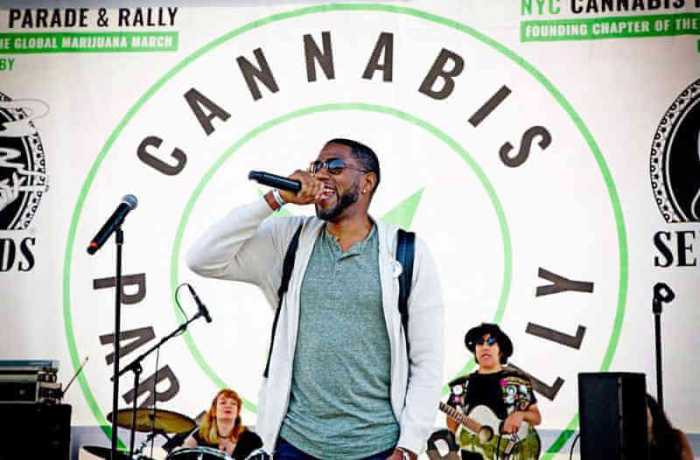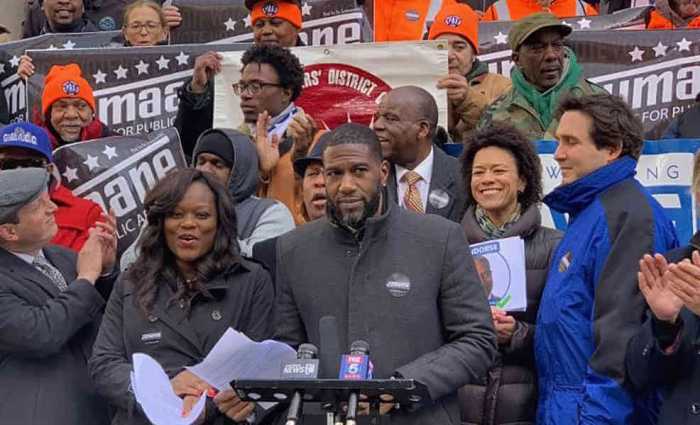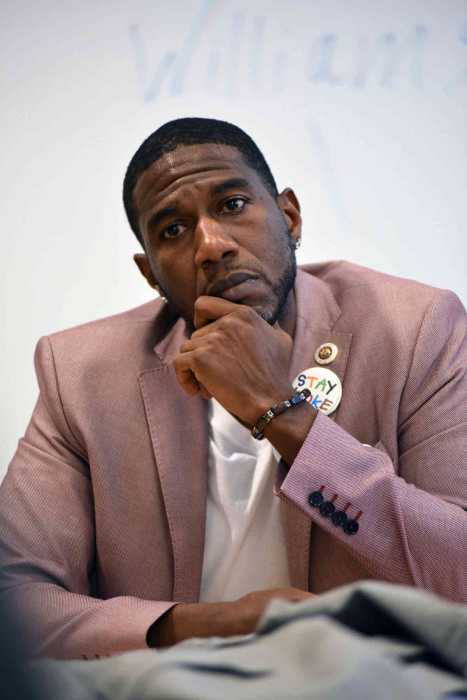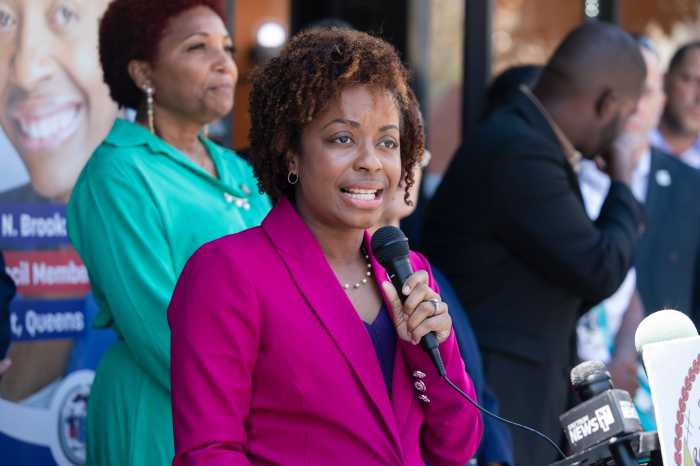As subways this week resumed 24/7 service for the first time in a year, Public Advocate Jumaane D. Williams called for a series of measures to promote true public safety on public transportation, with solutions rooted in public health rather than over-policing.
Mayor Bill de Blasio announced that an additional 250 New York Police Department (NYPD) officers would patrol the subways in addition to other recent expansion of police presence on trains.
“Again, and again, we see leaders falsely equating public safety far too simply with policing, and sending more officers in to solve problems they are not equipped to address rather than investing in the solutions we know can work,” said Williams, the son of Grenadian immigrants. “Everyone has a role to play in public safety, but those roles are not all in law enforcement.
“Expanding homeless services rather than trying to ban unhoused individuals, increasing mental health outreach rather than NYPD response, and increasing uniformed MTA staff rather than armed police officers are all critical ways to maintain the confidence in the system that some leaders have been trying to undermine,” he added.
During a press conference Monday morning alongside elected officials, advocates, and transit employees, the Public Advocate rejected what he labeled as “both the fearmongering of Gov. Cuomo and others about the state of the subway, and the idea that additional police are the sole solution to public safety within the transit system.”
Specifically, the coalition highlighted: Calls for the re-hiring of 3,100 MTA workers laid off early in the pandemic, and addition of non-police uniformed MTA employees to promote public safety; and opposition to the surging of additional NYPD or state police officers into the transit system, and a call to shift the focus of officers currently patrolling the subways away from minor violations such as fare evasion, as well as tasks which should not be left to police such as homeless services or mental health intervention.
The coalition also underscored demands for an end to the efforts against homeless people added to the MTA Code of Conduct during the COVID-19 shutdown which have included banning people from taking wheeled carts of over 30 inches long or wide into the subway system, banning people from staying in a subway station for longer than one hour, and banning people from staying in a subway terminal after a train is taken out of service.
Williams also stressed the importance of recognizing “both the realities of public safety on the subways and the perception New Yorkers having,” acknowledging that each are important but emphasizing that “actions based on false notions of what public safety is – namely, the default position of continually increasing law enforcement presence – is detrimental to both changing these false notions and promoting holistic public safety.”
























